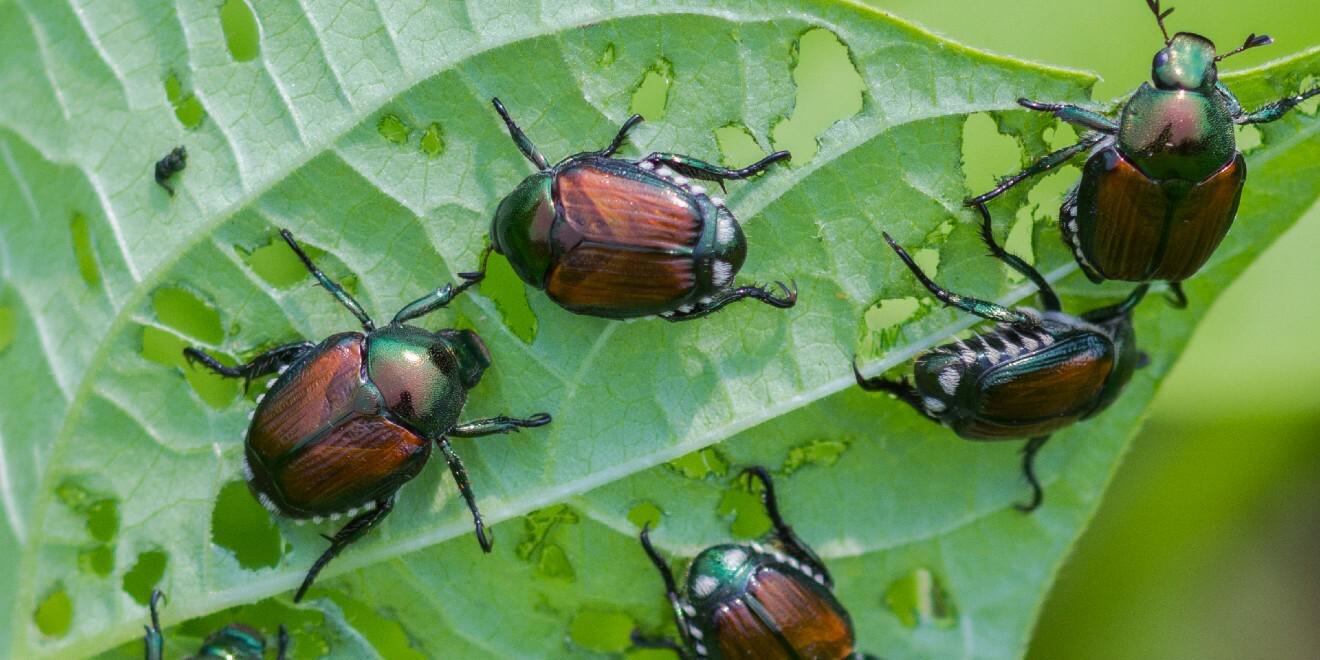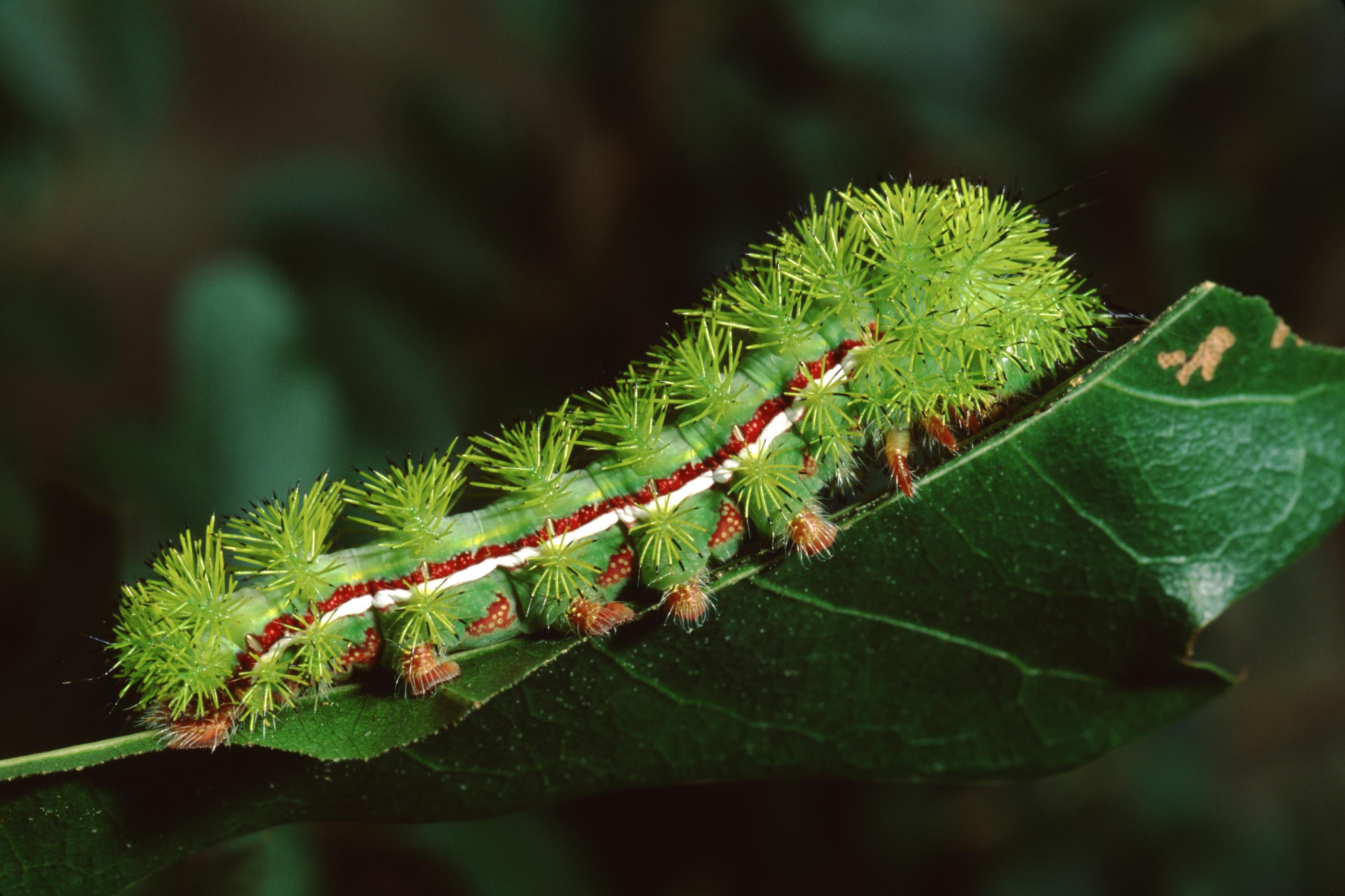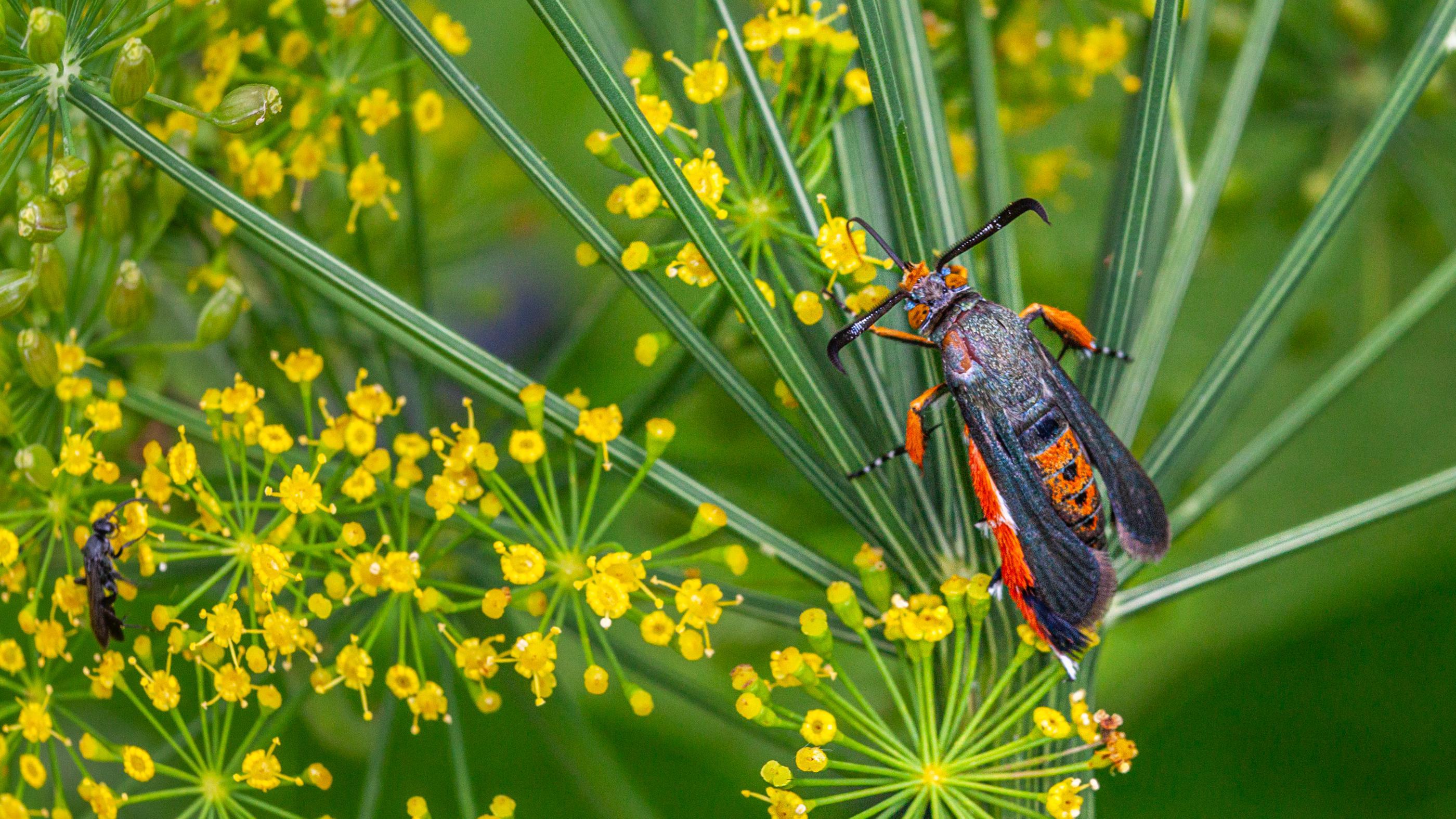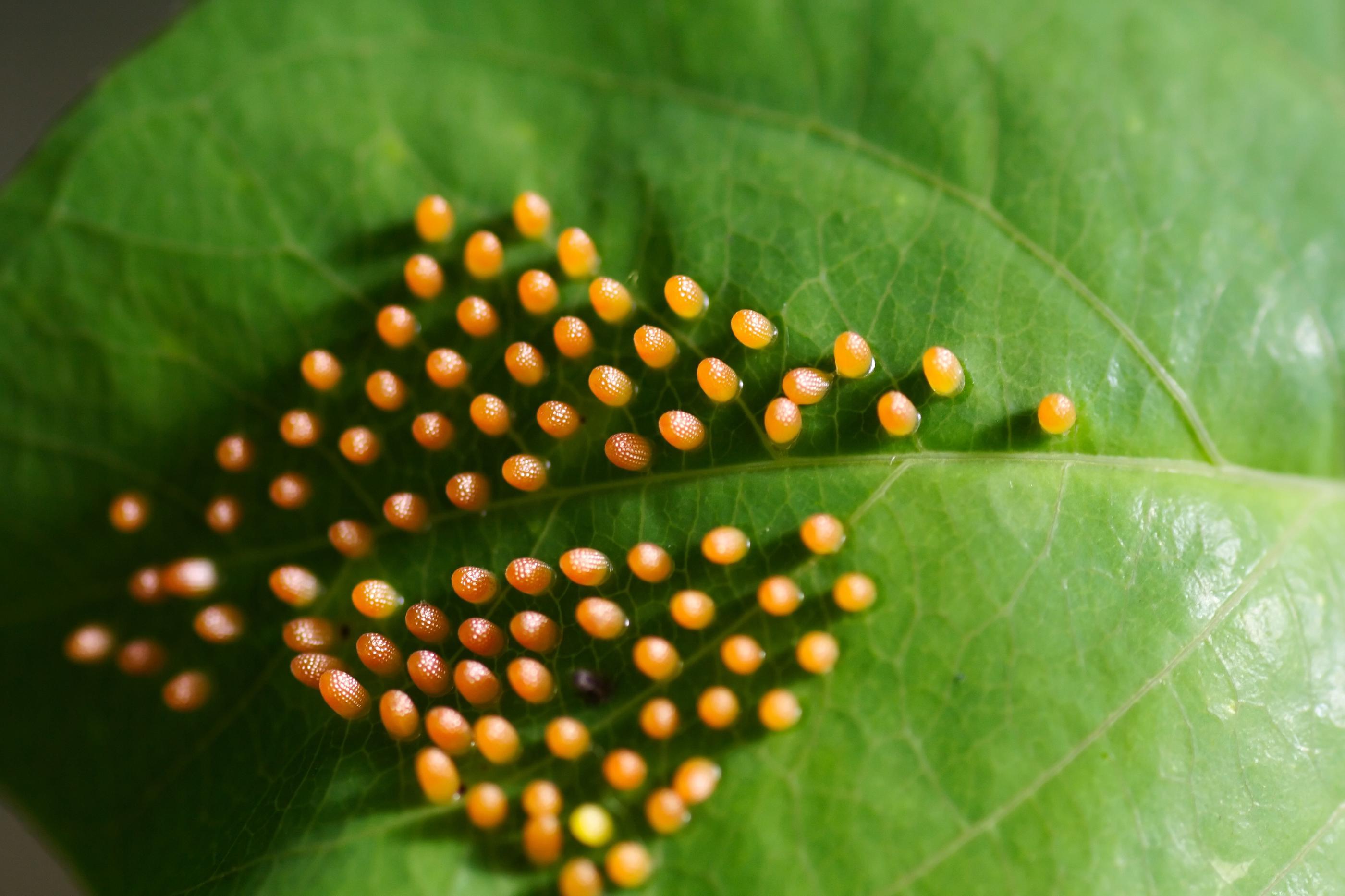Does Cape Cod Mosquito Squad Kill Bees?
Posted by Mosquito Squad
July 26, 2019
With concerns over bee populations dwindling, it’s a natural question to ask. Below are some answers.
Cape Cod Mosquito Squad owner Curtis Felix speaks with Ben Robertson, owner of digital marketing agency Menadena, addressing the question, “Does Cape Cod Mosquito Squad Kill Bees?”
Interview transcript:
Ben Robertson
Okay, great. So, I'm here today with Cape Cod Mosquito Squad owner, Curt Felix. This is Ben Robertson of Menadena Marketing. And we are addressing a question which has come up many times on the internet in Google, blog posts, just in search in general, and also on Facebook and other social media platforms where people are asking this question of, “does Cape Cod Mosquito Squad kill bees?” And some people are even wondering if it kills bees instantly, or kills bees fast. And so, I thought that it would be good, because this is such a common concern among the public and our customers, that it would be really good to give Curt a chance to discuss this topic.
Ben Robertson
So, how are you doing today, Curt?
Curt Felix
I'm good, Ben. How are you?
Ben Robertson
Excellent. So, we've talked about this a lot. I know that it's a major concern for you to make sure people have good information so they can make up their own minds. Where do you think would be a good place to begin?
Curt Felix
Well, I think the first thing is to address the misconception that people have about Cape Cod Mosquito Squad killing bees.
Ben Robertson
Yep
CurtFelix
The first thing is that we actually have a pollinator protection program within the company, and that pollinator protection program includes quite a few different elements. It involves the products that we use, it involves how technicians apply those products, and how we go about protecting bees to make sure there's no impact. And the results are really what speaks for themselves at the end of the day, and that is that we do have beekeepers that use us. Those beekeepers are not seeing any impact on their hives. We have customers that have organic gardens, flower gardens, etcetera, and they comment to us on a regular basis about how they're amazed that we can get rid of mosquitoes and ticks, and their bees are thriving. Even the beekeepers, sometimes the comments coming back from a beekeeper is that, "I'm seeing swarms in my hives, which is evidence of a very healthy hive. And that we are seeing thriving bees." Even in the cases where a beekeeper has lost their hive, and many times they'll call us and they'll say, "Geez, I'm a little concerned about the treatments. Could that have caused the loss of the bees?" And we'll go through the analysis, and typically what it is, is they lost the bees over the winter, and it's usually traced back to a mite issue, or an issue specifically to climate conditions that caused the problem.
Curt Felix
And when you do the forensic analysis, usually that's exactly what you'll find. So, we're always on the lookout. There's 25 to 30, maybe 40 years worth of experience of working with the product that we use around bees, and what the projects and concerns need to be. And it's just like with any drug that you're given a prescription by a doctor to take, you have to follow the instructions and do what you're supposed to do, to get the right results. And that's the key thing.
Curt Felix
And I think the misconception comes from the fact that on the label on at least two of our products, it says either, "May be harmful to bees," or "Kills bees." And it also says, "May be harmful to aquatic life or kill fish." And those two things are specifically on the label to make sure that it's called to your attention that if you misapply, or you inappropriately use the product, that you can, in fact, cause harm. And so, it's an abundance of caution that the labels say things to try to avoid harm. Again, when you follow the directions, when you follow proper procedure, you don't do bees harm. And so, we make very strong efforts to ensure that we get that great outcome.
Ben Robertson
That's great. Speaking of the products, That's where a lot of the discussion is around what products are actually being misted. There is a blog post out there by a fellow named Colin Purrington, who is a natural history buff, and seems to have a pretty good sense of science and chemistry. And he has a blog post called, Effects of Mosquito Sprays on Humans, Pets, and Wildlife, where he specifically says that Mosquito Squad used bifenthrin and cyfluthrin. Is that what you're using? It's saying, basically, all of these chemicals are pyrethroids that are synthetic neurotoxins that cause paralysis and death in mosquitoes. Is that what you're actually using for your mosquito control and tick control?
Curt Felix
Our location, the Cape Cod Mosquito Squad, does not use either of those products. But let me just say, by way of reference, pyrethroids are a class of compounds that were probably discovered, or at least started to become actively used maybe 25 or 30 years ago, as people were concerned about things like DDT, all these kind of chemicals that were being used to kill insects, whether it's mosquitoes, or ticks, or other types of insects. There were grave concerns, environmentally, over using those kinds of materials. And scientists and other folks began to look to more, quote unquote, organic ways of dealing with these kind of pests.
Curt Felix
And so pyrethroids were the very, very first class of compounds that are plant-based, so essentially derived from the chrysanthemum flower, or other plants like radishes, geraniums. There are a number of plants that produce these compounds naturally. And so, people gravitated to those. "Hey, they're already out there, widespread in the environment, and obviously, there's not an issue around places where people are planting chrysanthemums and geraniums, so what can we learn from that, in terms of bio mimicking how plants deal with killing insects and protecting themselves?”
Curt Felix
So that was where the search started. And I remember 30 or 40 years ago, trying to be as organic as possible gardener, and growing my vegetables and so on, looking for those types of products. And so, fast forward, industry has come up with synthetic compounds that look like and act like those original compounds as well. Bifenthrin and cyfluthrin are among a variety of other compounds that are in that class. Designed to be, environmentally, very benign. And certainly, a long, long, long way away from the chemicals that were used 30, 40 years ago that people were very, very concerned about.
Curt Felix
So, just a huge shift in a very positive direction. We're not using those really nasty compounds anymore. And so, I guess now, we're at the next level of, "Well okay, what are these synthetic compounds doing? Do they have issues as well? Or could they potentially have issues?"
Curt Felix
So anyway, Cape Cod Mosquito Squad uses permethrin and a microencapsulated version. And we do not use the products that he sites, but I don't want to poo poo what he sites either, because these pyrethroids, whether it's the actual pyrethroid, so pure compound, or whether it's the synthetic version, they're still going to have the same kind of warnings about protecting the environmental resources of concern.
Curt Felix
Even, quote unquote, organic products. There are things like wintergreen and spearmint mixes, cedar oil and a number of other ones that we use. We still have to use an abundance of caution, when it comes to protecting, whether it's a water resource, a well, or a pollinator. These are the very important resources that we want to be very careful about.
Ben Robertson
Well, it was always in my understanding, it all makes a lot of sense to me. And like I said, we've talked about this quite a bit, but it's a recurring concern among certain people, including beekeepers. And the one article I was thinking about that's out there at provincetown.wickedlocal.com had an article that came out last year called, Mosquito Spraying Raises Concern for Water and Bees, which I'm sure you remember in the Mosquito Squad truck or van in the headline photograph for this article. And I guess you and I have talked a little bit about it, but there was this specific instance sited in the article where there is concern that a beekeeper had lost some bees following spring, and neighbors [had also raised complaints].. And how would you respond to that?
Curt Felix
So, that specific instance, the beekeeper neighbor of a customer had a violent reaction to misting of any kind. That particular individual didn't care if it was water. He didn't want it. He's a mechanic who worked for the National Park Service, and the Park Service has a policy of not using anything in parkland. And so, he felt that nobody should use anything anywhere. And so, he made claims that turned out to be factually completely inaccurate and untrue. The state did do an investigation of this because anytime there's a claim of an impact to a hive, they investigate, and they found no evidence whatsoever that we were responsible for his ... what he claimed were bee deaths. He wouldn't even provide any specifics to the investigators, so they didn't really find his allegations credible, either on the facts, or from what they were able to test. Basically, they did test his hives. They tested areas around the hives, and so on, and didn't find evidence of any material. And did not find that there was any credible evidence whatsoever to the idea that we had anything to do with his hive death.
Curt Felix
And the follow on story to that was that apparently the hive death occurred when he moved his hives, because he decided he was going to move them. And when you do that, you cause dislocation to the hives. They have to find new food resources, the bees have to find new water resources. And it's not uncommon for somebody to lose the ... and in fact, bees die every ... worker bees die every two weeks. So there's a cycle of birth and death, even within the hive and within the colony. That's quite normal.
Curt Felix
And so, when you try to find a causal relationship somewhere else, you've really got to be pretty careful, and do all the due diligence to make sure you're assessing the right cause to some problem.
Curt Felix
Mites are a really big problem with hives and hive collapse. And one of the things that ... the main product that we use is permethrin. It's actually used to get rid of mites in beehives. So they'll have a little strip that has this product on it, and it's medicinal in terms of getting rid of the mites, but not affecting the bees.
Curt Felix
So, there's an argument to be made, at least with the product that we're using, that there could be potential benefit. But again, I wouldn't want to go further than the data, or further than the science to say, what we can say very definitively is we don't have an impact on hives. And when the products are used properly, we're seeing a great kick in mosquito results, and no adverse impacts on these hives.
Ben Robertson
Well so, all that being said, there's still this kind of conflicting conceptions of how these chemicals might impact. I think there's a lot of fear and misunderstanding, and different information available. So, for those consumers that want to protect their property, protect their family, protect their pets,protect themselves from the diseases that are carried by ticks and mosquitoes, as well as just being convenient, to being pestered by parasites. But yet, they're in this bind, because they're trying to figure out, "Well, how do I responsibly, and safely, and effectively take care of this problem?" And there's all of this information out there. What would you say to them, to help them come to terms with what they're comfortable with for themselves?
Curt Felix
So, with every customer, we try to be as open and honest with information as possible. And always que to the science behind what we're saying. The traditional products that we use, we just talked about, we also have an exterminator thing with natural, quote unquote, or some people call them organic. And again, organic really is about food. Something that's food-grade. There are products that people claim are effective on ticks and mosquitoes. The tick claims for those products really has not been backed up by science. Mosquito claims are pretty good. I mean, we're seeing great results with some of those products. And in particular, with Greenheads and No-See-Ems, which are a big problem for us on the Cape. But when it comes to ticks, we have been experimenting with a cedar based product within the Mosquito Squad system for the last two years, which does seem to be pretty effective on ticks. There is not peer reviewed research behind those claims, but in heavily tick-infested areas where people have been using this product, they are seeing pretty good results.
Curt Felix
So, that's the kind of conversations that we have with our customers. Basically, "Here's what we know. Here's what the facts are. Here's where the science is," and let them choose what they would like to do. The cedar product that we actually have available now, it's actually kosher and organic, because it is a food-grade product. And that's the one that we're now starting to work with, and see if we can replicate the results those other folks are seeing. But again, we have that conversation with our customers to be upfront and open about the fact that this something that's in trial, and there's not peer reviews literature to support one of those types of claims, but we have seen pretty good results.
Ben Robertson
That's great.That at least gives people a basis to know what's true and what's not true, rather than have some exaggerated claims about one thing or the other. We hope it works great, and it'd be great if we could have a really great kosher product that is effective and has zero, or very close to zero risk to pollinators.
Ben Robertson
That's wonderful. Well, so I guess the answer to our question, does Cape Cod Mosquito Squad kill bees, is “no.”
Curt Felix
No.
Ben Robertson
And I think the information you shared has been super helpful, so thank you. And I'll look forward to talking to you next time.
Curt Felix
Well, thank you very much, Ben. Appreciate it.















